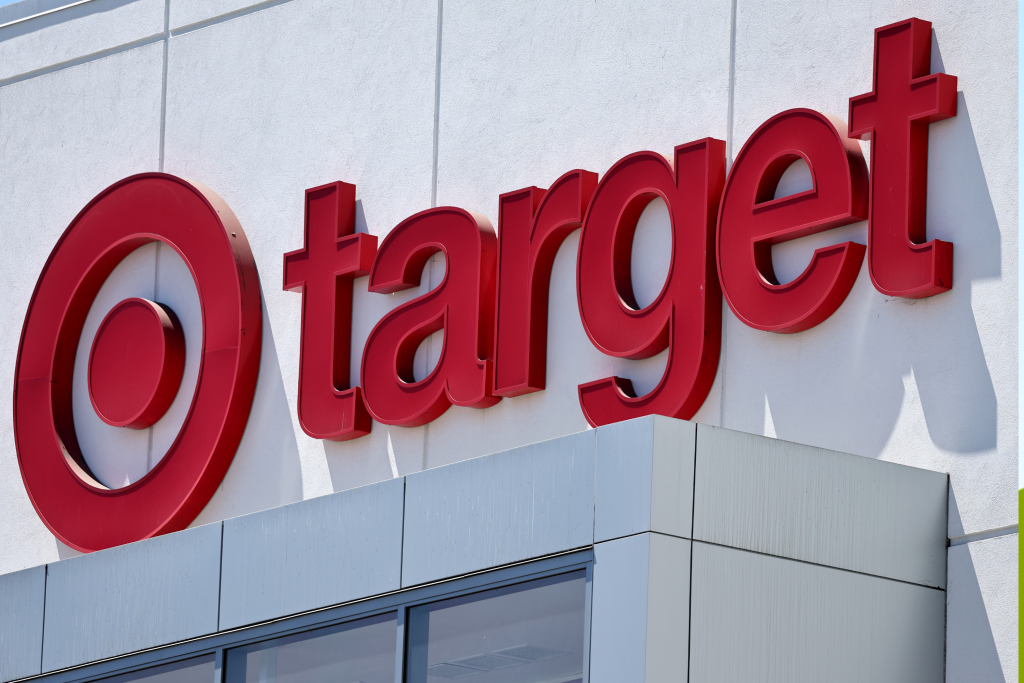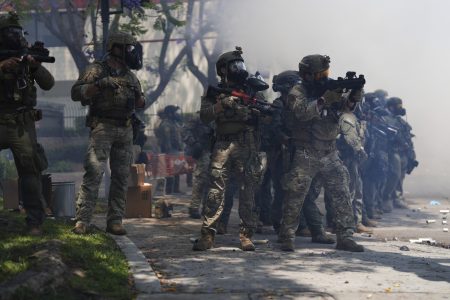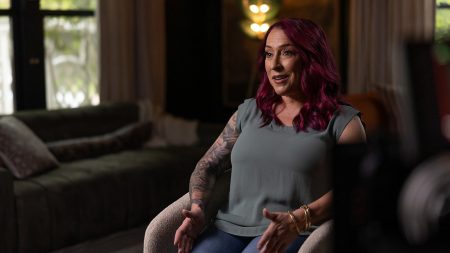Target’s decision to discontinue its Diversity, Equity, and Inclusion (DEI) goals has ignited a fierce debate, marked by calls for boycotts and counter-arguments against such actions. The retailer’s DEI initiatives encompassed a range of efforts, from increasing representation of underrepresented groups in its workforce and leadership to sourcing products from diverse suppliers. The company’s announcement to end these specific programs, while maintaining a commitment to “inclusion,” follows a broader trend of pushback against DEI initiatives in various sectors, including government and other corporations. This shift in corporate strategy has polarized public opinion, leading to strong reactions on social media and raising complex questions about the efficacy and impact of boycotts.
The call for a boycott against Target has garnered support from some who view the decision as a step backward in terms of social progress and corporate responsibility. They argue that such initiatives are essential for creating equitable workplaces and fostering inclusive environments, and that discontinuing them sends a negative message. However, the boycott movement has also faced significant opposition, particularly from those concerned about the potential negative consequences for employees and affiliated businesses, especially minority-owned brands that rely on partnerships with Target. This counter-argument highlights the potential for unintended harm and the need for a nuanced approach when considering boycotts as a form of protest.
This debate has unfolded largely on social media platforms, becoming a trending topic and showcasing the deeply divided public opinion on the matter. Content creators and influencers have weighed in, offering diverse perspectives on the effectiveness and ethical implications of boycotts. Some argue that boycotts are a powerful tool for holding corporations accountable, but only if executed strategically and with clear objectives. Others suggest that boycotts are often driven by fleeting emotions and trend-chasing, lacking the sustained commitment needed to achieve meaningful change. Still others point out the hypocrisy of selectively boycotting certain brands while continuing to patronize others with potentially worse track records on social issues.
The effectiveness of boycotts as a tool for social and political change remains a subject of ongoing debate among experts. Some marketing analysts and business strategists argue that such emotional boycotts rarely have a long-term impact on a company’s bottom line, particularly in the absence of a broader societal movement. They suggest that companies may be more influenced by internal factors, such as leadership commitment (or lack thereof) to DEI principles, rather than by short-lived consumer outrage expressed online. This perspective emphasizes the need for sustained pressure, both from within and outside organizations, to achieve lasting change in corporate practices.
However, there is also evidence that boycotts can, in certain circumstances, influence corporate behavior. The concept of a “buycott,” where consumers actively support a brand in response to boycott threats, adds another layer of complexity to the equation. This dynamic highlights the potential for boycotts to become highly politicized, mobilizing both proponents and opponents of a particular cause. The eventual success or failure of a boycott can depend on various factors, including the clarity of the message, the level of public support, the company’s vulnerability to consumer pressure, and the presence of countervailing forces like buycotts. Ultimately, boycotts represent a complex form of consumer activism with the potential for both positive and negative consequences.
The Target case exemplifies the complexities and nuances inherent in boycott movements. While some view boycotting Target as a necessary action to hold the company accountable for its decision on DEI, others argue that such a move could disproportionately harm the very groups the initiatives were designed to support. This disagreement underscores the importance of considering the potential unintended consequences of boycotts and the need for a more nuanced approach to consumer activism. The debate surrounding the Target boycott serves as a microcosm of the larger discussion about corporate social responsibility, the role of consumers in driving change, and the multifaceted nature of DEI initiatives within organizations. The long-term impact of Target’s decision and the subsequent boycott movement remains to be seen, but it undoubtedly highlights the evolving relationship between businesses and their consumers in an increasingly socially conscious marketplace.










